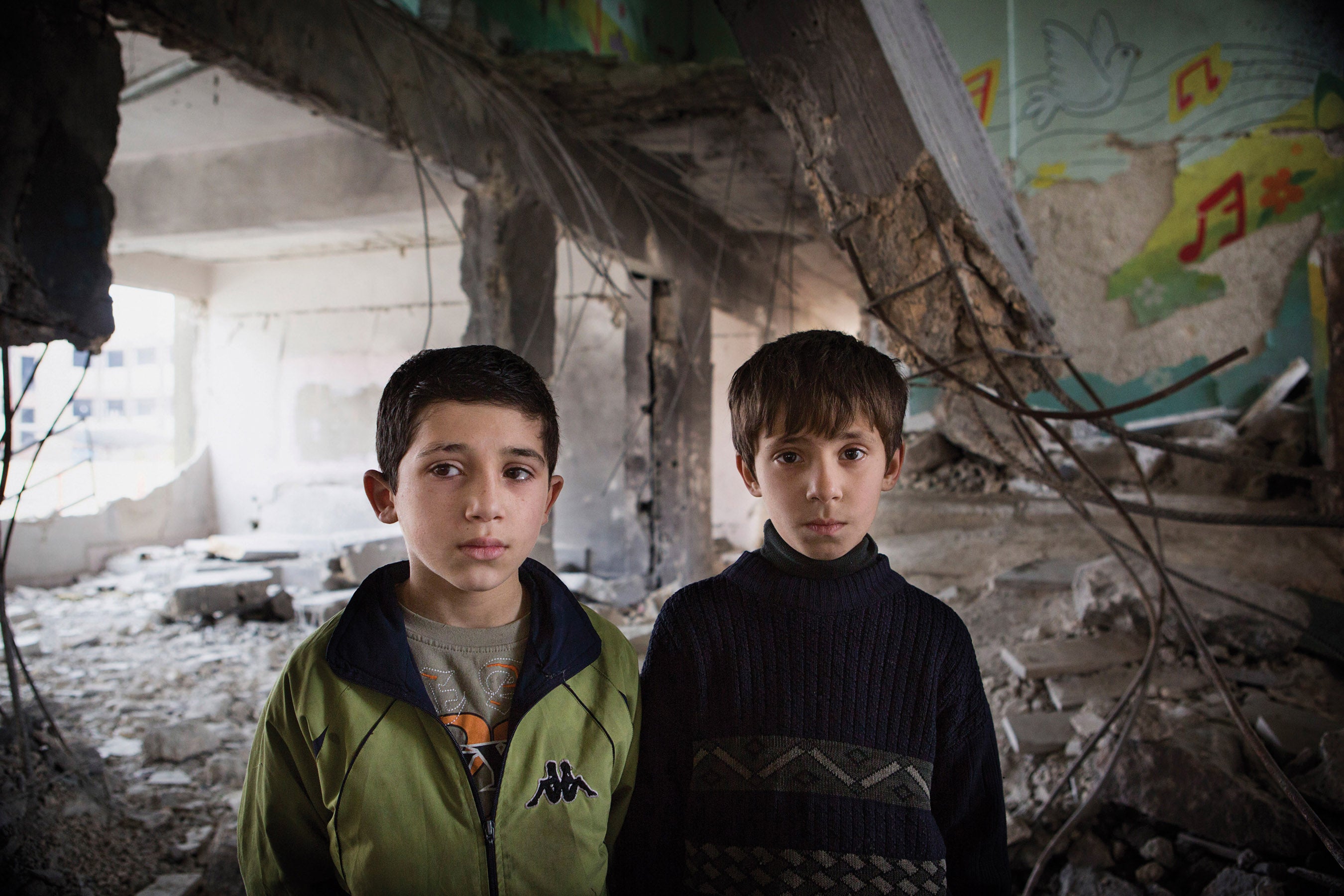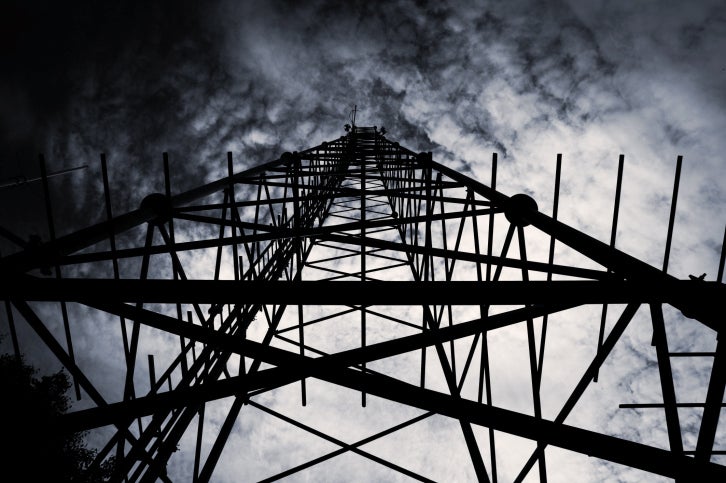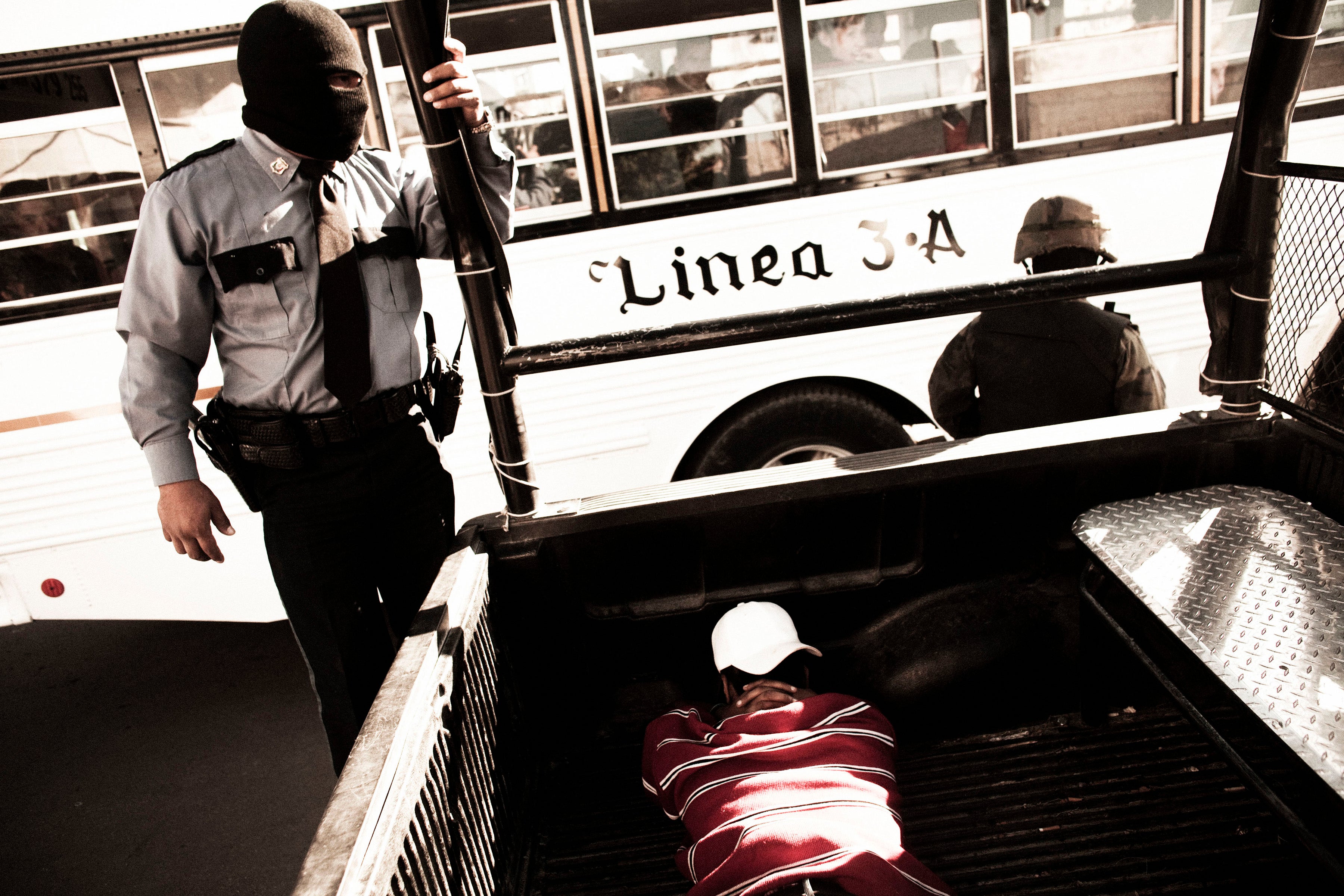The United Arab Emirates (UAE) continues to crack down on freedom of expression and association. The authorities are arbitrarily detaining scores of individuals they suspect of links to domestic and international Islamist groups. A court convicted 69 dissidents in July after a manifestly unfair trial, in which evidence emerged of systematic torture at state security facilities. The UAE made no reforms to a system that facilitates the forced labor of migrant workers. Plans to ameliorate conditions for female domestic workers fall short of the standards outlined in the convention on domestic workers that the International Labour Organization (ILO) adopted in 2012.
Torture and Fair Trial
In July, the Federal Supreme Court sentenced 69 Emirati dissidents to prison terms of up to 10 years on charges of aiming to overthrow the government after a mass trial of a total of 94 defendants marred by violations of fair trial standards, including credible allegations that the defendants endured torture in pretrial detention. The court acquitted 25 of the defendants.
Authorities held at least 64 of the detainees at undisclosed locations for up to a year before the trial began in March, and many of the detainees had no access to legal assistance until late February. Prior to the opening of the trial, security officials denied international observers entry to the UAE. Authorities prevented other observers who had been admitted to the country from entering the court, despite the fact that they had complied with the stipulated procedures.
At the first trial hearing, some of the defendants told the judge they had been seriously ill-treated during their months in detention. In June, rights groups received 22 statements written by some of the 94 people on trial that corroborated these claims. All but six of those who wrote statements said that officials subjected them to temperature extremes and interrogated them while they were blindfolded. Two said their interrogators threatened them with electrocution.
Other detainees in the UAE have also alleged that they endured ill-treatment that in some cases amounted to torture. Officials held Egyptian journalist Anas Fouda in custody for 35 days after state security officers detained him in July, and after his release, he said that officials kept him in solitary confinement, with extremes of temperature and harsh lighting that resulted in sleep deprivation. Saud Kulaib, an Emirati national, spent five months in incommunicado detention between December 29 and May 27. In addition to enduring solitary confinement, extremes of temperature, and sleep deprivation, he told family members and other inmates that officers beat him, sliced his hand open with a razor blade, threatened to pull out his fingernails, and told him that his wife was in detention and on hunger strike.
Fourteen Egyptians are at time of writing in Al Wathba jail after spending up to seven months in incommunicado detention before their transfer there in June. They did not have access to a lawyer until September 22 and their family members claim they had been subjected to physical and psychological torture in detention.
Freedom of Association and Expression
Those convicted in the mass trial all have ties to an Emirati Islamist group, al-Islah, that has advocated political reform in the UAE. The judgment in the case indicates that the judge convicted them solely on the basis of their exercise of their rights to freedom of association and expression. The bulk of the evidence in the 243-page judgment focuses on the peaceful political activities of the accused and their ties to al-Islah, which the judgment asserts is a branch of the Muslim Brotherhood.
The only evidence that suggests any intention to overthrow the government is a confession by one defendant, Ahmed al-Suweidi, whom authorities forcibly disappeared for five months after his arrest on March 26, 2012. In court, al-Suweidi denied all the charges. There is nothing in the judgment aside from al-Suweidi’s disputed confession that suggests those convicted were doing anything other than expressing opinions in the context of an organization whose goal was political reform.
The authorities continue to arbitrarily detain individuals with suspected links to peaceful Islamist groups and to arrest and prosecute people for criticizing the government.
In April, an Abu Dhabi court sentenced Abdulla al-Hadidi to 10 months in prison for publishing false details of a public trial session via the Internet. Al-Hadidi had attended four court sessions of the UAE’s mass trial and had posted comments about what he witnessed on social media sites.The court’s judgment invoked the UAE federal decree on cybercrime, passed in November 2012. The decree provides for prison sentences for a range of nonviolent political activities carried out on or via the Internet, from criticism of the UAE’s rulers to calling for unlicensed demonstrations. In July, the day after authorities arrested an Emirati national named Khalifa Rabia, a government-linked television channel aired a piece accusing him of “affiliation with secret cells” on the basis of an analysis of his Twitter account, which contained tweets in support of political detainees in the UAE. Rabia remained in detention at time of writing.
Authorities have not yet filed charges against the 14 Egyptians detained between November 21, 2012 and January 7, 2013, but local media alleged that the detained men had formed a covert Muslim Brotherhood cell attempting to establish a foothold in the UAE. According to their lawyer, only three of them have ever been members of the Muslim Brotherhood in Egypt. The detainees include doctors, engineers, and university professors, all of whom have lived and worked in the UAE for many years. Eight of the detainees have been in the UAE for between 20 and 30 years.
Migrant Workers
According to 2011 government statistics, foreigners account for more than 88.5 percent of UAE residents, many of them low-paid migrant workers from South Asia. Despite years of criticism, the UAE has not addressed shortcomings in its legal and regulatory framework that facilitate the exploitation and forced labor of these workers.
Recruiting agencies often charge workers fees of several thousand dollars and employers customarily confiscate the workers’ passports for the duration of their stay in the UAE. The authorities have taken no steps to stop either of these illegal practices. Nor have they taken steps to reform the kafala (sponsorship) system that ties a migrant worker’s legal residence to his or her employer, or “sponsor.” Migrant workers have no right to organize or bargain collectively, and face penalties for going on strike. In May, hundreds of workers at a site in Dubai went on strike demanding better pay and conditions. After the two-day strike, immigration officials issued at least 40 deportation orders.
UAE labor law excludes domestic workers,almost exclusively migrant women,denying them basic protections such as limits to hours of work and a weekly day off. A flawed 2012 draft law for domestic workers has yet to be adopted and a regional unified contract for domestic workers, expected to be approved in 2014, falls well short of the minimum standards outlined in the Domestic Workers Convention that the ILO adopted in 2011.
Women’s Rights
In July, a Norwegian woman received a 16-month prison sentence for extramarital sex after she reported to the police that she had been raped. The police did not believe her claim that the sex was nonconsensual. The subsequent international outcry led to an official pardon and her release, but the case highlighted how women who report rape can be threatened with criminal charges instead, and as such exposed longstanding problems with procedures for victims of sexual violence.
Federal Law No. 28 of 2005 regulates matters of personal status in the UAE and some of its provisions discriminate against women. The law states that UAE women have the right to work “without being held disobedient” and the right to complete their education, but it also requires that a male guardian concludes a woman’s marriage contract. Talaq, unilateral divorce, occurs by a declaration from the husband in the presence of a judge.
Despite the existence of shelters and hotlines to help protect women, domestic violence remains a pervasive problem. The penal code gives men the legal right to discipline their wives and children, including through the use of physical violence. The Federal Supreme Court has upheld a husband’s right to “chastise” his wife and children with physical abuse.
Key International Actors
Influential allies such as the United States, France, and the United Kingdom, all of which are seeking multibillion-dollar fighter jet contracts with the UAE, have refrained from criticizing the UAE’s crackdown on political dissent.




